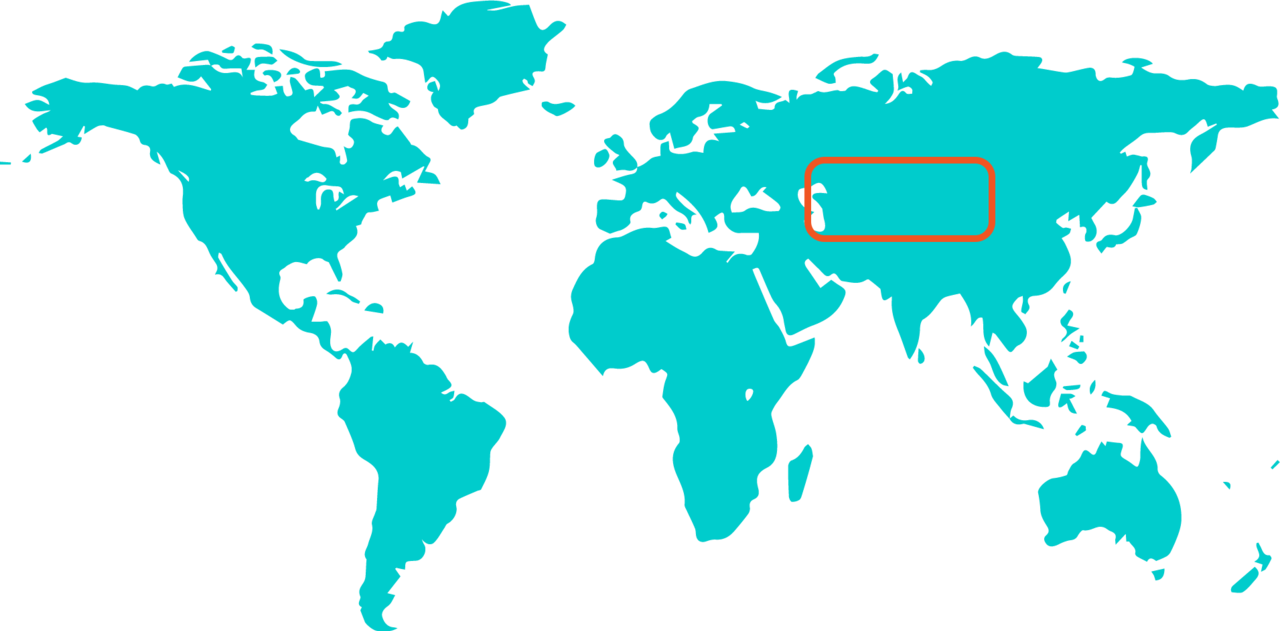The situation of children in Central Asia
Violence against children at home is commonplace across the region, with around half of all children in Central Asian countries experiencing violent discipline. UNICEF in Kazakhstan found that some 75 percent of adults support corporal punishment to discipline and control children, while 67 percent use violence against their own children.
Child abandonment and institutionalization are also forms of violence, and children in institutions are thought to be particularly vulnerable. Research suggests that girls in care or detention are more likely than boys to become victims of sexual and physical abuse.
Kazakhstan
Kazakhstan has a relatively small number of orphans in care, but it was the last country in Central Asia to move towards a foster system, not yet implemented. Kazakhstan has a database of kids in care that helps with adoptions. There is an adoption consultation hotline and adoptive parent support groups in the major cities. Physical and sexual abuse in the Children's Homes is a big problem.
Tajikistan
Tajikistan has a strong and conservative family-based culture. Like most of South Kyrgyzstan, most of the men are abroad in Russia working, and poverty is a problem. However, Tajikistan has implemented a pilot of transforming baby homes into family-support centers focused on training parents, keeping families together, and seeing kids in families. Thousands of kids are in the care of relatives or other informal foster arrangements.
Uzbekistan
Traditionally, extended families take care of kids. The more Islamic culture of Uzbekistan strongly values taking care of orphans. The government decided to develop and move to a foster system within the last two years and looks to be moving ahead full speed.





